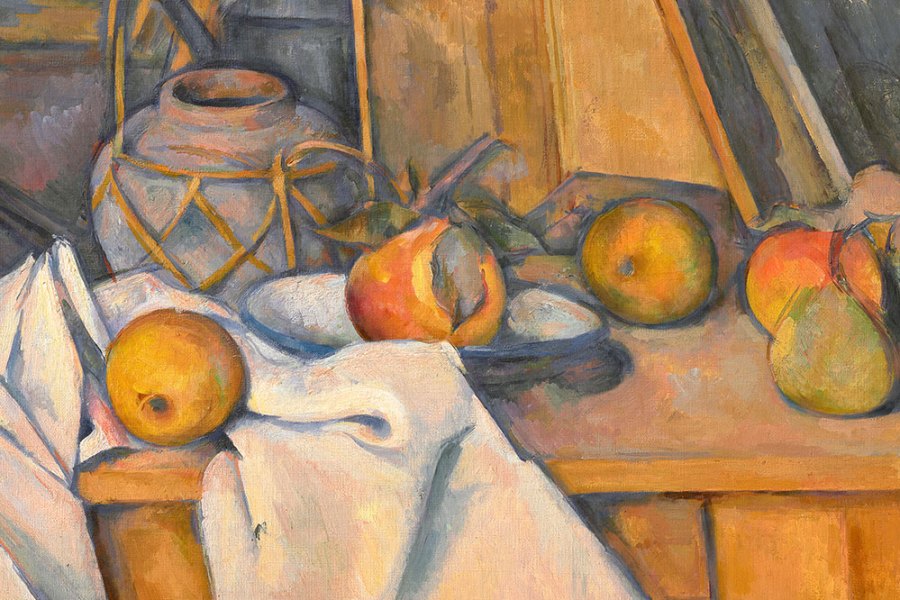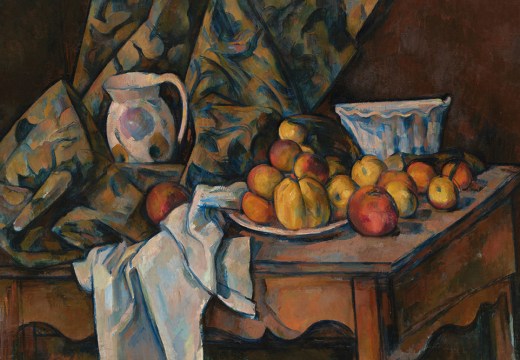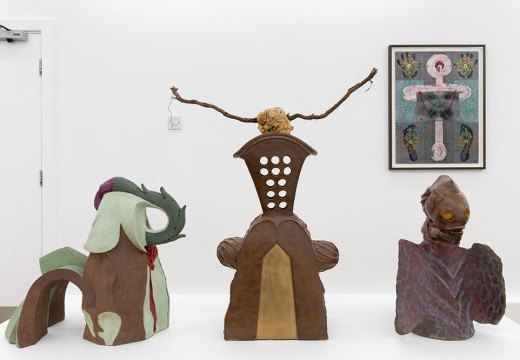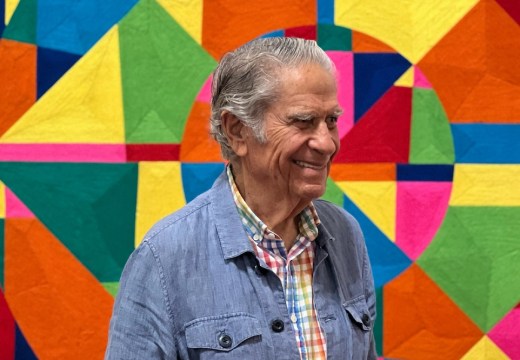Museum Langmatt in Baden has been criticised for deciding to sell three Cézanne paintings at auction. The Swiss branch of the International Council of Museums (ICOM) has sent a letter protesting against the sale, with its president Tobia Bezzola warning that deaccessioning would set ‘an enormously dangerous example’ to other museums. The foundation that oversees the museum, however, says that the sale is necessary to avoid bankruptcy, renovate the Villa Langmatt, which houses its collection of some 50 works and to set up an endowment fund to secure the museum’s future. The collection was founded by the British-Swiss collectors Sidney and Jenny Brown, who bought the Cézannes in the early 1930s. The paintings will be offered at Christie’s New York on 9 November. Once total bids reach $45m, any lots remaining will be pulled from the sale and returned to the museum.
The French and German culture ministers have signed an agreement to set up a joint fund to research the provenance of museum artefacts from sub-Saharan Africa. Under the terms of the deal, reports Art News, France and Germany will each put €360,000 a year into the project for a trial period of three years, beginning in February 2024. Meeting her French counterpart Rima Abdul-Malak in Hamburg on Tuesday, the German culture minister Claudia Roth said that the initiative will allow both countries to enter ‘a new phase in confronting this historical injustice’. The research project, first floated in January 2023, comes after various initiatives in both France and Germany. These include the allocation by the German government in 2019 of €2.2m towards researching objects in the country’s museums that had been acquired in a colonial context – and the restitution of some 1,100 Benin Bronzes to Nigeria. In France, efforts include the publication of the Sarr-Savoy report in 2020 and the return of 26 items to the Republic of Benin and one to Mali.
A collection of coins dating from the 1500s to the 1680s has been discovered under a stone fireplace in Scotland. The find was made on a dig organised by the University of Glasgow and archaeologists believe the 36 coins may have been hidden by a Highland clan chief attempting to escape the Glen Coe massacre in 1692. The site in Glencoe, known as the ‘summerhouse of Maclain’ is associated with Alasdair Ruadh ‘Maclain’ MacDonald of Glen Coe who tried to restore James II to the throne after the Glorious Revolution and was among the 82 rebels who were executed after the attempt failed.
The Italian architect, designer and writer Andrea Branzi died on 9 October at the age of 84. He was a co-founder of the influential design studio Archizoom Associati in 1966, best-known for its idea of the No-Stop City, an infinitely expanding urban grid, and was a key member of Studio Alchimia. In 1975, he joined forces with Ettore Sottsass and others to co-found the design research group Consulenti Design Milano (CDM), and from 1982 onwards created furniture designs for the Memphis Group. Branzi founded the Domus Academy in Milan in 1983; he served in various positions at the design school until 1996 alongside teaching at universities in Italy, France, the United States, Japan and Brazil. His essays and books include The Hot House (1984) and he edited the architecture and design magazine Modo from 1982–84. He was awarded the Italian design prize the Compasso d’Oro three times, in 1979, 1987 and 1995, and was given the title of Honorary Royal Designer for Industry by the Royal Society of Arts in London in 2008.
Unlimited access from just $16 every 3 months
Subscribe to get unlimited and exclusive access to the top art stories, interviews and exhibition reviews.














![Masterpiece [Re]discovery 2022. Photo: Ben Fisher Photography, courtesy of Masterpiece London](http://www.apollo-magazine.com/wp-content/uploads/2022/07/MPL2022_4263.jpg)






